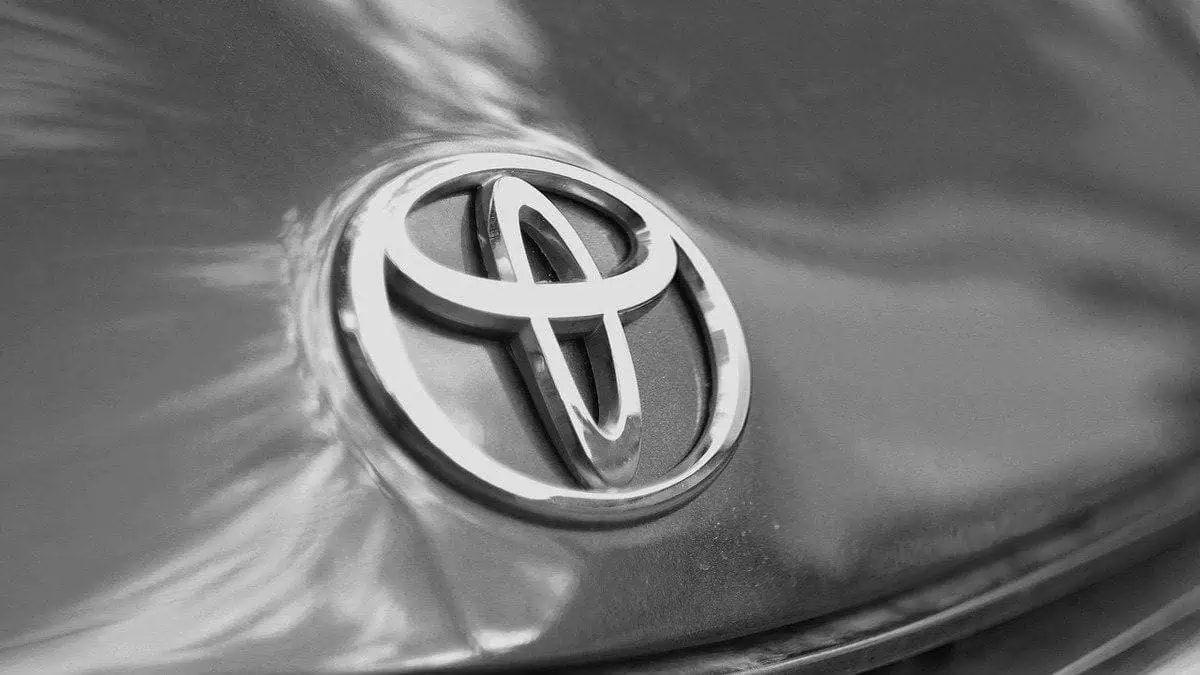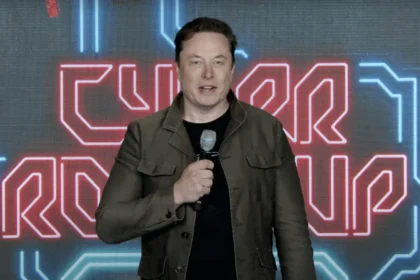Japanese automaker Toyota has undoubtedly lagged behind its rivals in the electric vehicle industry. Now, newly appointed CEO Koji Sato promised to change the automaker’s course and boost electrification efforts.
Established Asian publication Nikkei Asia reported on February 21 that Toyota would begin EV production in Kentucky as early as 2025 to catch up with the rapidly growing demand for green cars.
Toyota targets 1 million EVs globally per year
As per the report, Toyota will upgrade and use an existing production plant in the US to produce its upcoming electric models alongside internal combustion engine vehicles.
Notably, the automaker aims to have a monthly production capacity of 10,000 electric sport utility vehicles by the end of 2025.
Progressively, it targets an annual production capacity of 200,000 EVs in the US from 2026. That figure represents approximately 20% of its output there, along with its production operations in China, India, and Japan.
That said, the automaker ultimately aims to deploy 1 million EVs globally per year by that time.
By 2030, Toyota reportedly targets 3.5 million global EV sales per year.
Why the US?
Toyota seems swayed by the significant incentives and tax breaks offered by the US under the Inflation Reduction Act.
It is also worth noting that the US is its biggest market, which accounts for one-fifth of its global sales.
That said, it is unsurprising that Toyota has also decided to pursue a battery plant worth $1.29 billion in North Carolina, which is expected to launch by 2025. Alongside the Kentucky production plant, Toyota will undoubtedly be able to make EVs entirely in the US. It will enable the automaker to qualify for federal tax credits of up to $7,500, which requires domestic production.
It is indeed good news, given Toyota’s current position in the highly competitive EV industry. In fact, its Lexus brand only produced 24,000 EVs globally last year, trailing far behind Tesla’s 1.31 million units.
Nonetheless, it is not that impossible for an automaker as big as Toyota to catch up in the global EV market. It is not too late, especially now that its CEO has promised to prioritize electrification more than ever.






